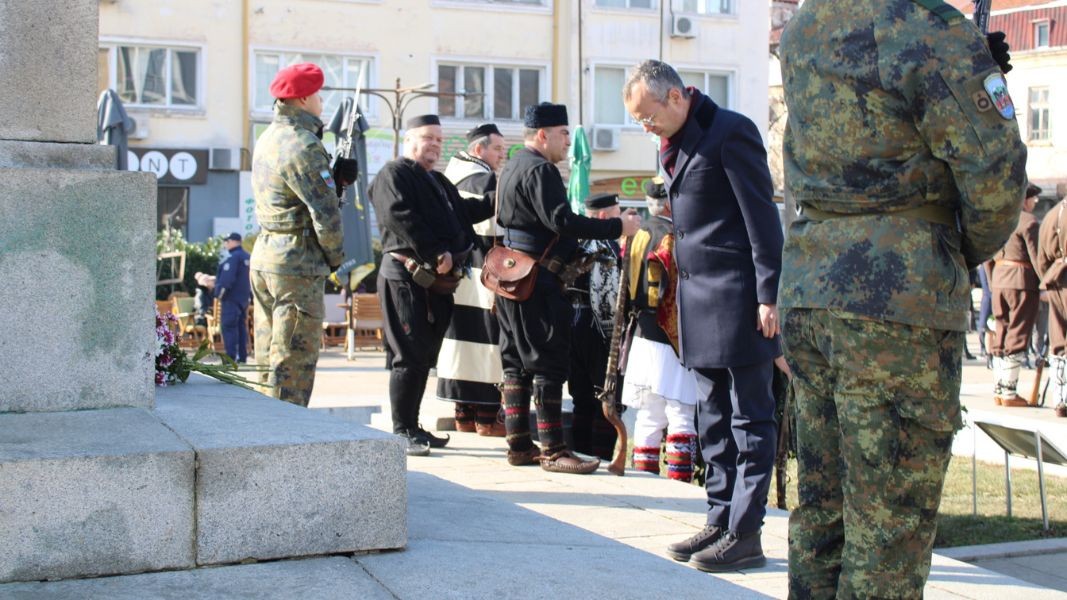


The church board of the Bulgarian Orthodox Church “Holy Trinity” in Madison, Illinois (USA), has announced on its Facebook page that it needs a priest to serve in the church. “We humbly ask all brothers and sisters in Christ – in the wider..
An archaeological expedition led by Assoc. Prof. Dr. Boni Petrunova – Director of the National Museum of History, discovered a massive bronze statuette of a goddess from the Greco-Roman pantheon. The artifact was found in residential premises in the..
13 ancient graves were discovered during archaeological excavations conducted on the premises of the National Academy of Art in Sofia. The excavation is led by archaeologist Elena Nikolova from the Regional History Museum. The excavations began on..
In 1018, after half a century of struggle, the First Bulgarian Empire was conquered by Byzantium. Despite the many uprisings of the..

+359 2 9336 661
